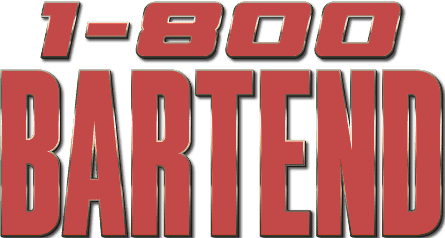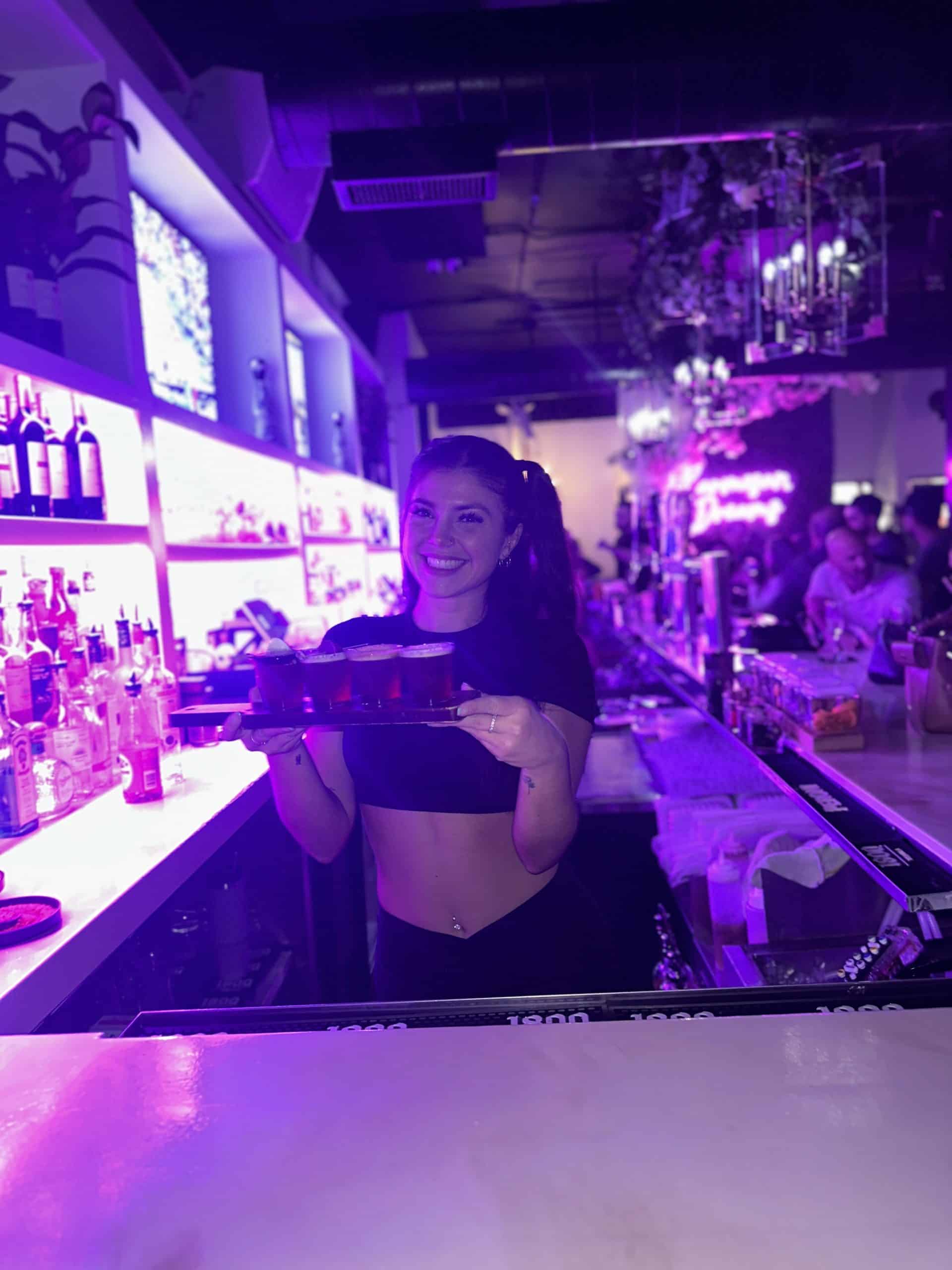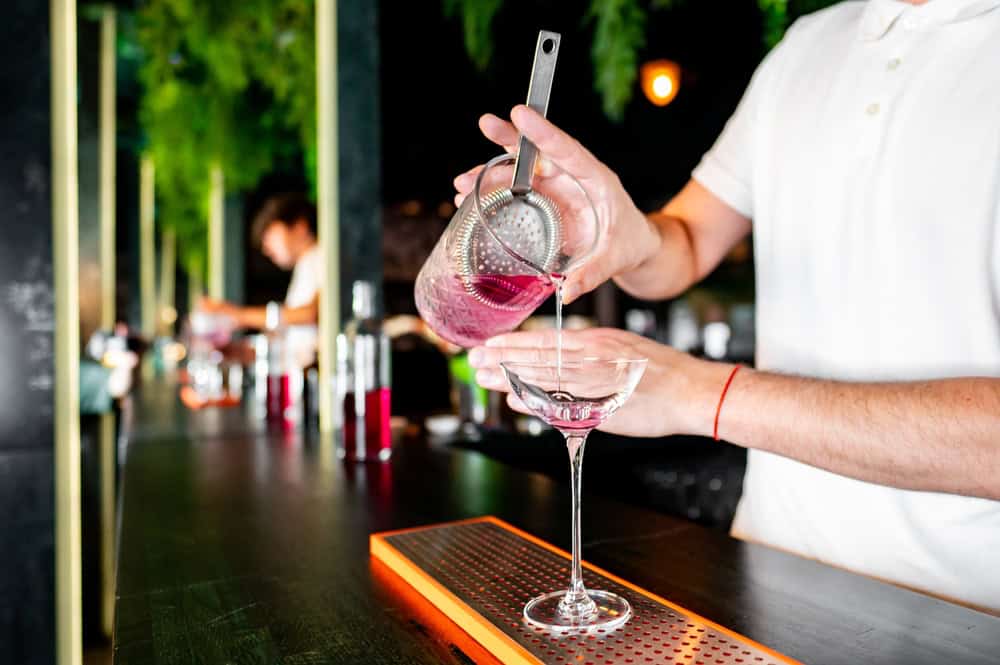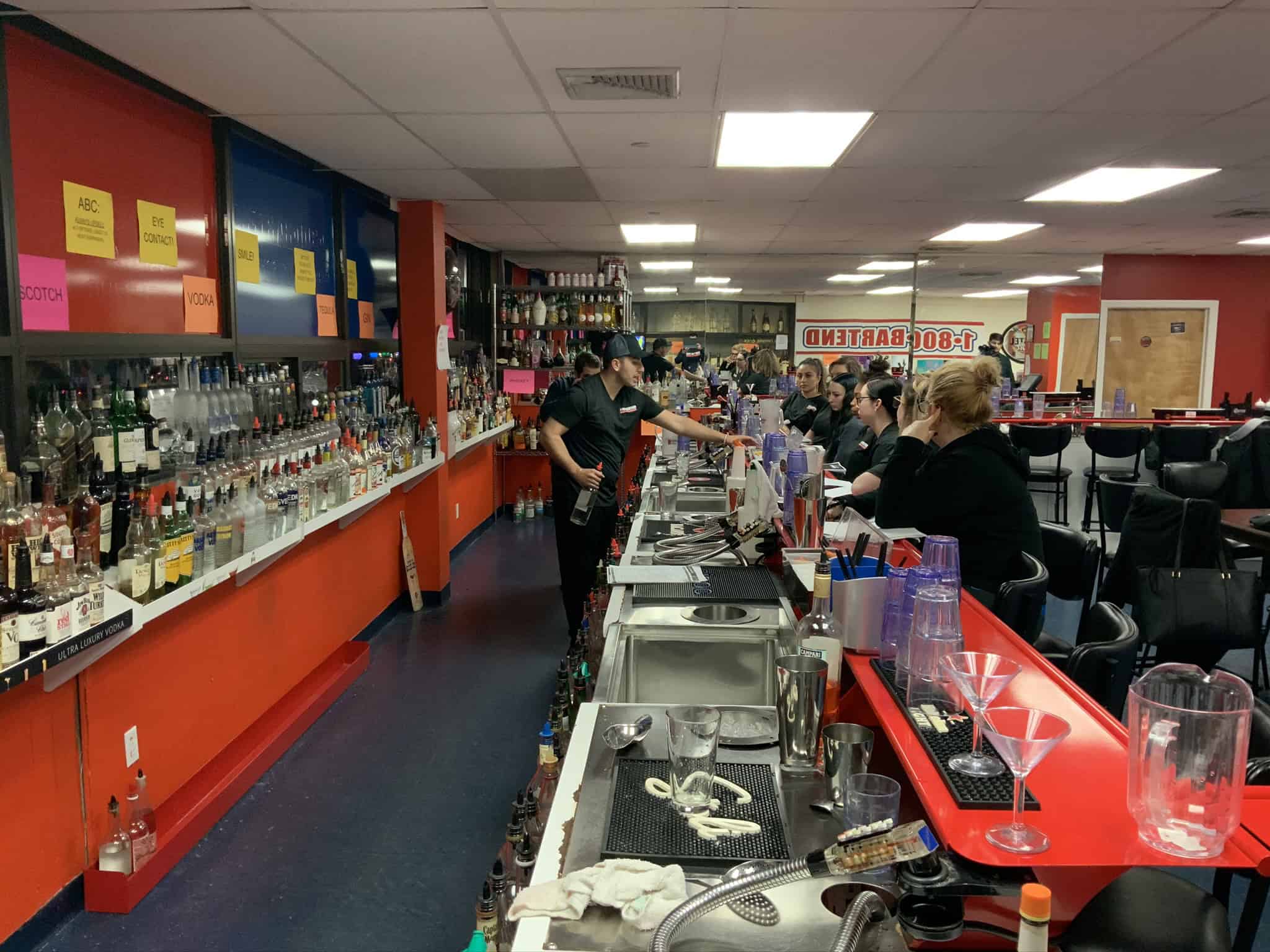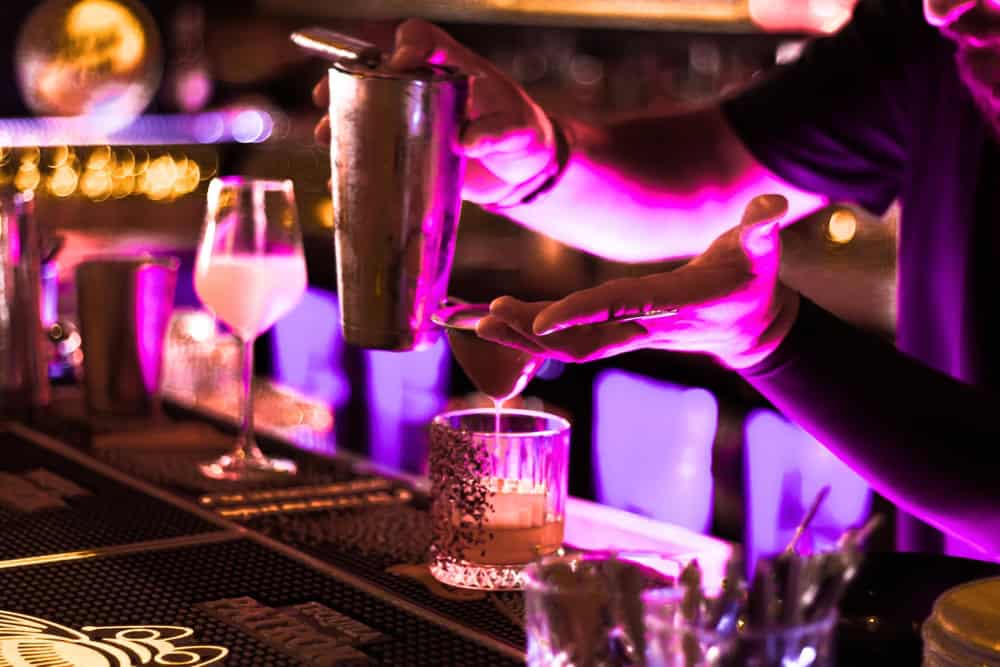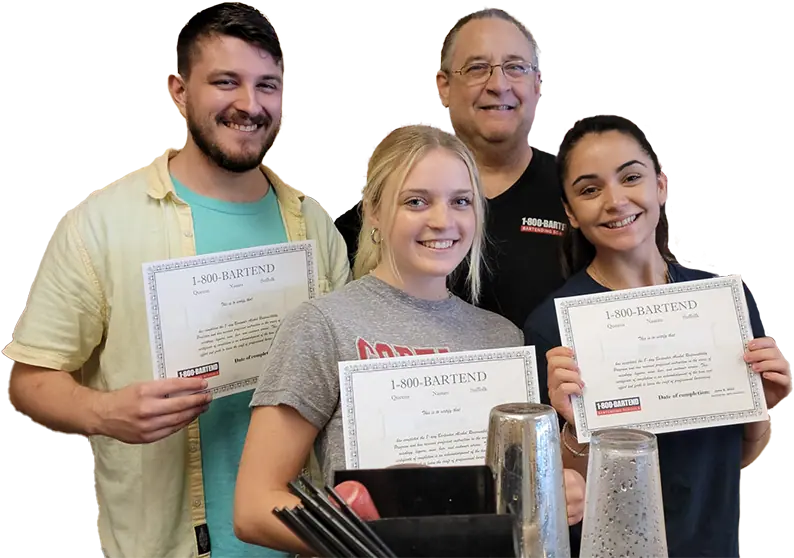Summary:
Customer Psychology and Service Excellence
Understanding customer psychology allows you to read nonverbal cues, anticipate needs, and create personalized experiences that generate higher tips and repeat business. Body language interpretation reveals whether customers want conversation or solitude, helping you adjust your approach to match their mood and preferences. Active listening techniques help you remember customer preferences, creating recognition that builds loyalty and increases spending on return visits. Conflict resolution skills transform potentially explosive situations into positive outcomes, protecting your establishment’s reputation while maintaining customer relationships. Upselling psychology involves timing recommendations when customers are most receptive, increasing average transaction values by 25-40% without appearing pushy or sales-focused. Memory techniques help you recall names, drink preferences, and personal details that create connections making customers feel valued and recognized. Speed of service management balances efficiency with quality, serving customers quickly during peak periods while maintaining drink standards that justify premium pricing. Cultural sensitivity training prepares you for Suffolk County’s diverse population, understanding preferences and customs that affect service expectations and tipping practices. 1-800 Bartend teaches customer psychology through role-playing scenarios that simulate real-world situations you’ll encounter in busy Suffolk County establishments.
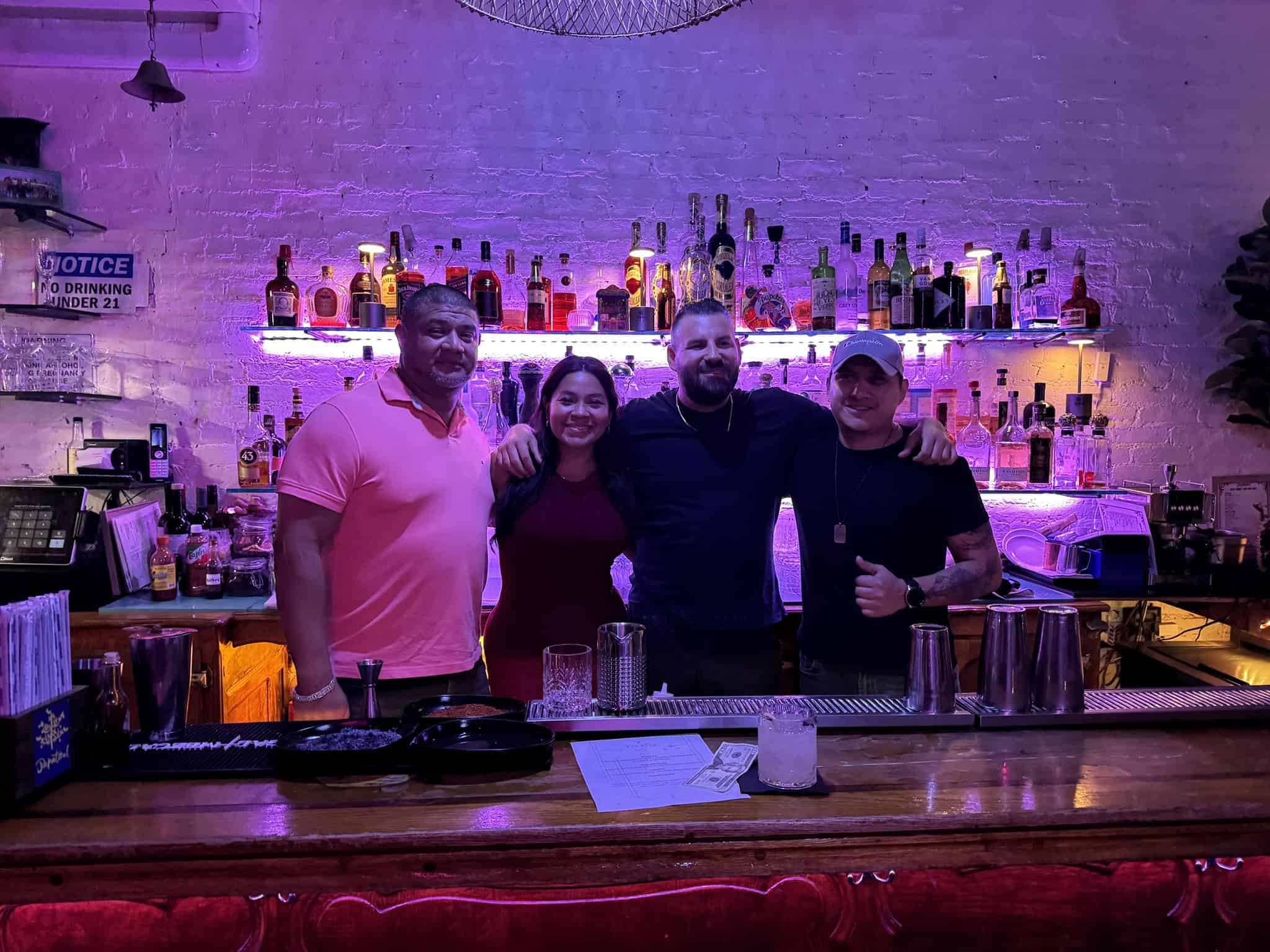
Creative Mixology and Flavor Development
Mixology training develops your palate to understand how ingredients interact, creating original cocktails that become signature drinks, attracting customers specifically to experience your creations. Flavor-balancing techniques teach you to adjust sweetness, acidity, and bitterness to create perfectly balanced drinks that showcase quality ingredients. Seasonal ingredient usage keeps your menu fresh and relevant, incorporating local Suffolk County produce and seasonal flavors that create urgency and repeat visits.
Event Coordination and Party Management
Private bartender services require event planning skills that coordinate timing, logistics, and beverage planning for weddings, corporate events, and private parties throughout Suffolk County. Menu development for events involves calculating quantities, planning service flow, and creating drink selections that match event themes and guest preferences. Equipment management includes transporting, setting up, and breaking down portable bar setups that create professional service in any venue.
Business Operations and Professional Development
Business skills separate professional bartenders from casual drink-makers, covering inventory management, cost control, and profit optimization that make you valuable to employers and successful as an independent contractor. Inventory control involves tracking usage patterns, minimizing waste, and managing costs that directly impact profitability—skills that position you for management roles earning $40,000-60,000 annually. Cash handling procedures include point-of-sale systems, credit card processing, and accounting practices that prevent shortages and fraud while maintaining accurate records. Marketing yourself as a private bartender requires business registration, insurance, pricing strategies, and client relationship management that generate $500-1,500 per event in Suffolk County’s affluent market. Legal compliance covers liquor licensing, liability issues, and responsible service practices that protect both you and your employers from legal problems. Professional certifications demonstrate expertise and commitment, qualifying you for higher-paying positions in upscale establishments that require documented training and credentials. Networking within Suffolk County’s hospitality industry creates referral opportunities, job leads, and professional relationships that advance your career through recommendations and partnerships. 1-800 Bartend provides business training that prepares graduates for independent success while connecting them with established professionals throughout Suffolk County’s hospitality network.
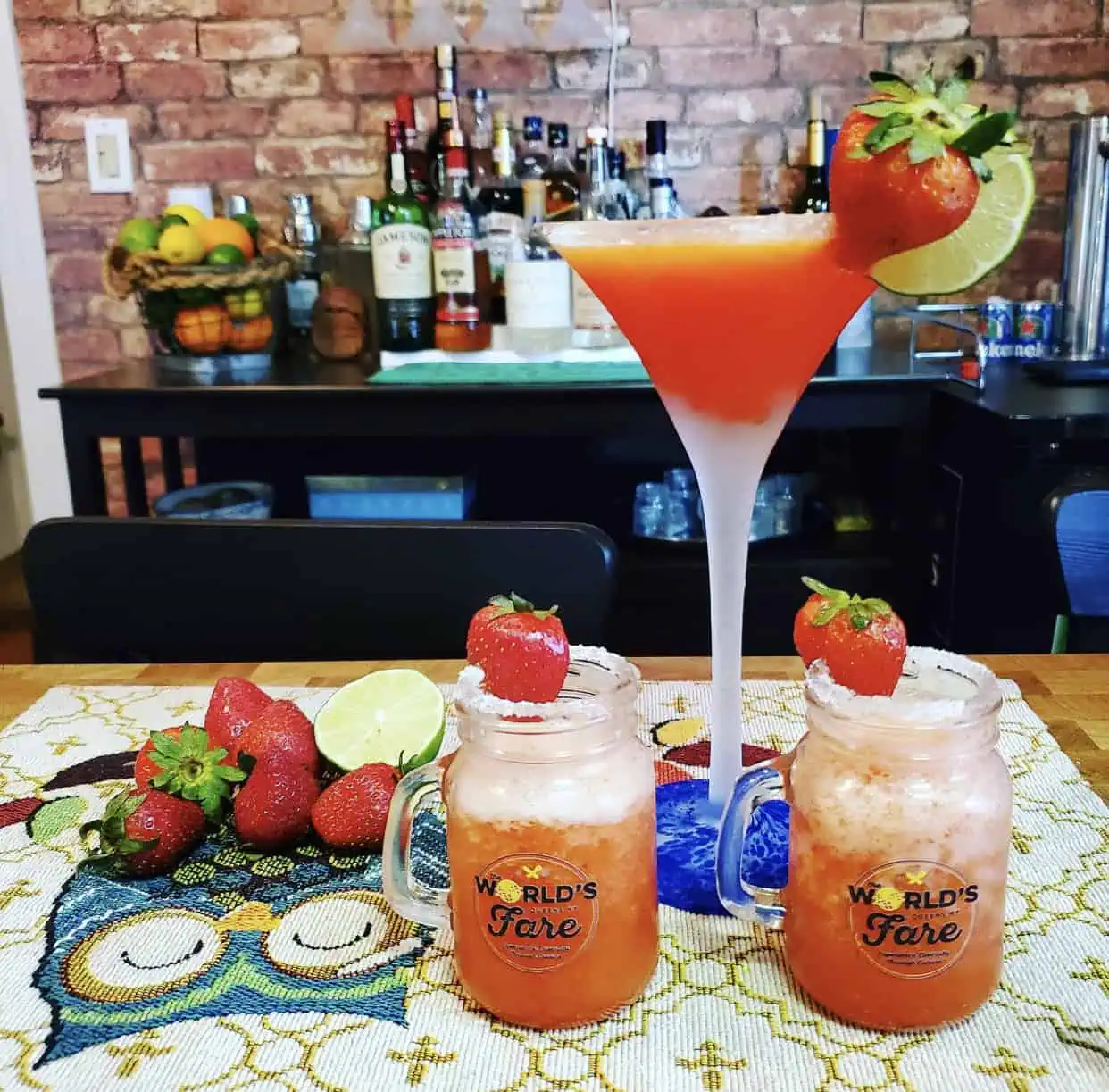
Equipment Mastery and Bar Operations
Bar equipment expertise includes proper use, maintenance, and troubleshooting of espresso machines, beer systems, wine preservation equipment, and specialty tools that create professional service standards. Maintenance schedules prevent equipment failures that disrupt service and cost money, while proper cleaning techniques extend equipment life and maintain hygiene standards. Safety protocols protect you and customers from injuries while handling glassware, sharp tools, and potentially dangerous equipment under pressure.
Professional Network Development
Industry connections provide job opportunities, referral sources, and professional development that accelerate career advancement beyond what training alone can achieve. 1-800 Bartend facilitates networking through industry events, graduate placement assistance, and ongoing professional support that connects you with Suffolk County’s hospitality professionals. Building relationships with vendors, event planners, and venue managers creates referral networks that generate consistent private bartender opportunities.
Transform Passion into Profitable Career
Professional bartending combines creativity, psychology, and business skills that transform a service job into a rewarding career with unlimited earning potential and creative satisfaction. 1-800 Bartend provides the complete skill set needed to succeed in Suffolk County’s competitive hospitality market, from basic techniques to advanced business operations. Contact 1-800 Bartend today to begin your transformation from drink-maker to hospitality professional and discover how proper training opens doors to exciting career opportunities.
